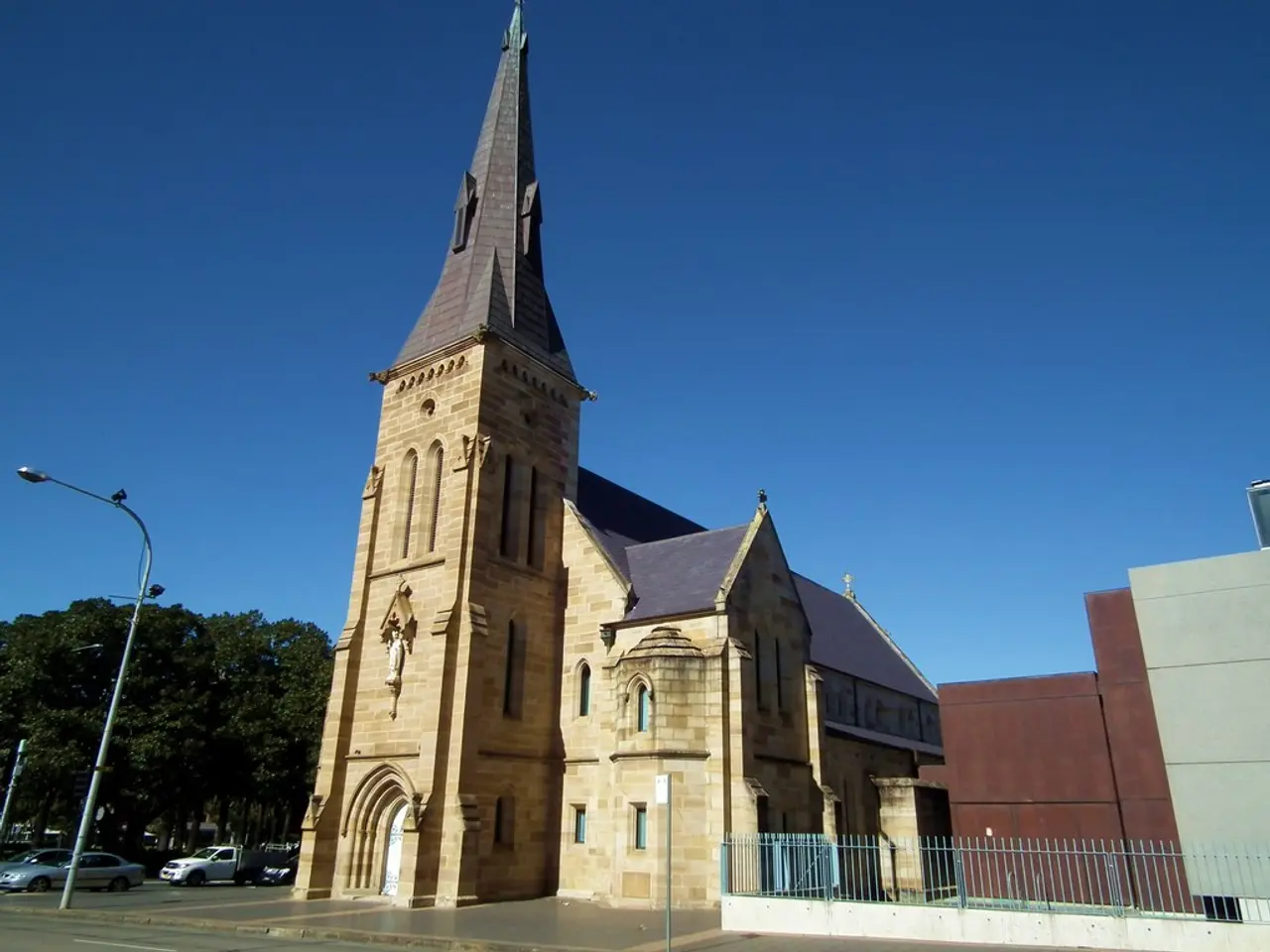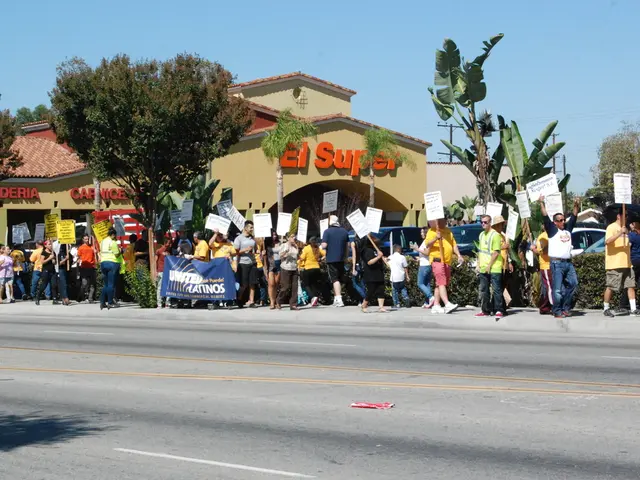Discussing Venezuela's Communal Program with Ángel Prado
Venezuelan Communes: Grassroots Organizations Empowering Communities
Venezuelan communes are self-governing, grassroots bodies that operate at the local level, fostering collective political, economic, and social participation in alignment with socialist principles. These organizations serve as a cornerstone of the country's socialist agenda, decentralizing authority and encouraging economic self-management.
At the heart of each commune is the assembly, the highest decision-making body, where all members of the territory can participate, debate, vote, and oversee communal affairs. This structure embodies direct popular sovereignty, empowering communities and re-engaging those who had withdrawn from communal participation. The result is a restoration of faith in communal councils and communes, as well as a growing participation in popular consultations held every three months.
The communes have a complex structure of popular assemblies and councils, with communal councils as the fundamental organizational units. Above these are the communal parliament and specialized committees handling diverse areas such as economy and sports. These structures emphasize direct democracy, communal planning, and economic self-management, aiming to reconfigure social relations of production and bypass traditional state institutions.
Symbolism, community identity, and norms of coexistence are integral to building a collective "spirit of the commune." Communes put great emphasis on establishing norms that solve the problems of the community while emphasizing economic organization. This focus mobilizes the people's collective force to improve material living conditions and generate self-governed economic processes.
In relation to the state, communes represent an alternative form of local governance that seeks to decentralize power from traditional state institutions and transfer it directly to the people. Municipal government offices are encouraged to support communes by providing land and production means, indicating a strategic reorientation of state functions to empower communal self-management.
Communes are pivotal in translating Hugo Chávez’s vision of “new social relations of production” into practice. Chávez’s constitutional and political reforms promoted grassroots socialism, emphasizing communal participation and ownership as a way to deepen social reforms, particularly through the Bolivarian Missions and other state-led social programs.
During the pandemic, organized communities worked alongside local healthcare workers, volunteer motorbike couriers, and other community members to address urgent needs in their communities. This collaboration underscores the communes' role as spaces through which socialist policies are locally implemented and consolidated.
However, the commune is not explicitly recognized in the Bolivarian Constitution, and efforts are being made to gain more legitimacy and trust to build a broad consensus to support its inclusion. The debate about the commune's relationship with the state extends beyond just recognition; it is also about how the commune should exist on equal footing with other institutions and governance structures.
Today, there is a strong synergy between the communal movement and the Bolivarian government, with the majority of Venezuelans demanding that communes be granted the same constitutional right to receive funding as townships and state governments. This right should not depend on the political will of a particular mayor, governor, or minister but be mandated by the constitution, ensuring real participation in Venezuelan democracy.
In summary, Venezuelan communes function as self-governing grassroots bodies that structure production, governance, and social life around participatory and communal principles, closely linked to the state’s socialist agenda. They decentralize authority, foster economic self-management, and serve as spaces through which socialist policies are locally implemented and consolidated.
Directly aligned with the country's socialist agenda, communes engage in both politics and general-news discussions, as they serve as a means of local governance and implementation of socialist policies. Their structuring of production, governance, and social life around participatory and communal principles emphasizes political transformation at the grassroots level.
Moreover, the continued pursuit of constitutional recognition for communes signifies a demand for equal representation in the political landscape, thereby highlighting the general-news importance of their role and potential expansion within Venezuelan politics.




![Tinubu, the President, Touches Down in Dubai [Vid]](/en/content/images/size/w640/format/webp/20250825125000_president-visiting-dubai-japan.jpeg)



